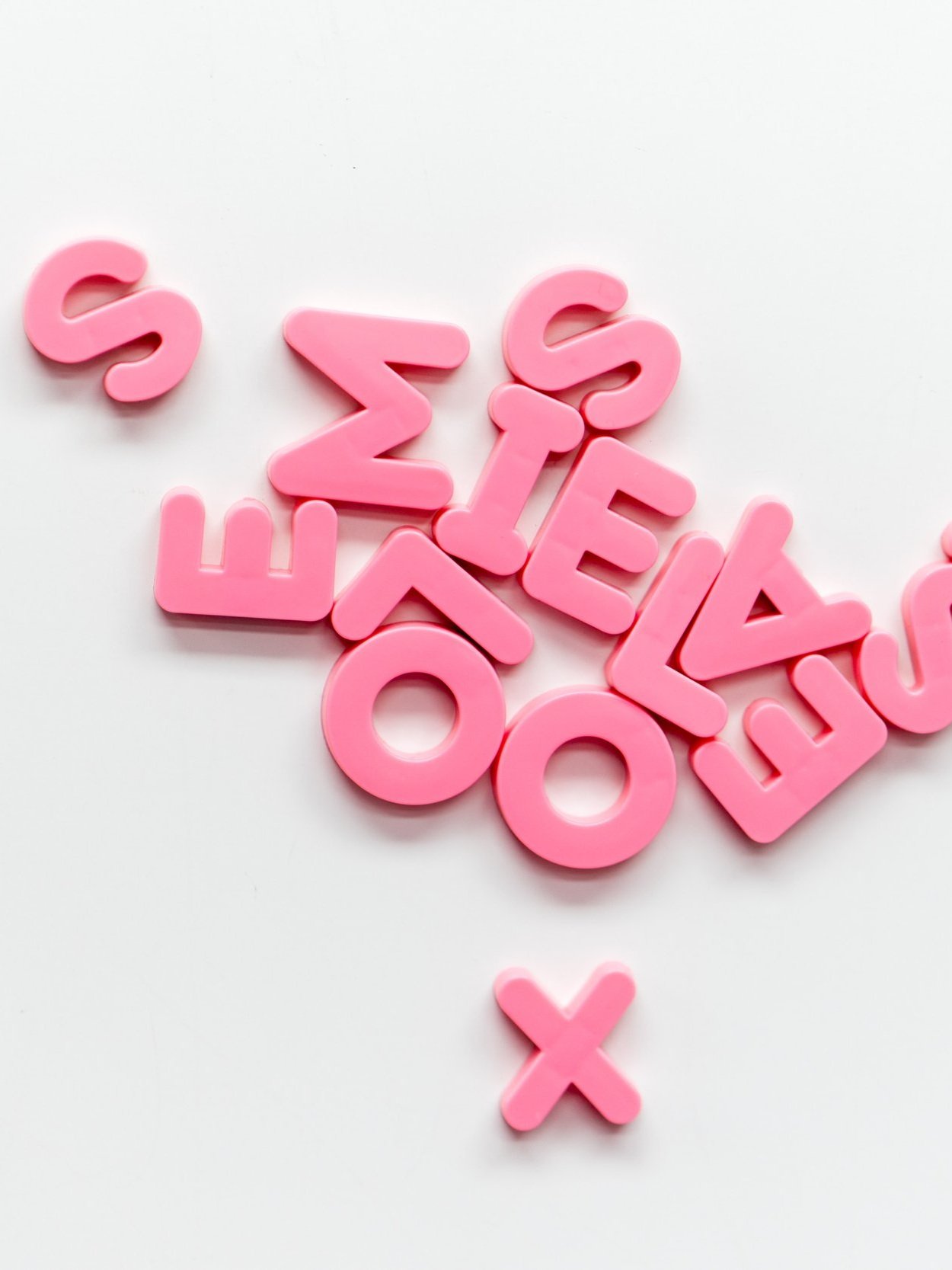What Research Says About the Language of Cancer
From survivor to battle-ready words and phrases, the communication around cancer sometimes misses the mark.
The word “survivor” is embedded into the language people use to talk about cancer at this point. It’s in titles for literature and programs for people who have gone through cancer treatment. It’s in media profiles of women and men who have “survived” cancer. It’s in hashtags. (Yes, we have used that hashtag, too.)
But is it the right word?
It didn’t feel right for Bad Mammaries founder Marissa Lanzito, and it turns out she’s not the only one. In a research study of 1,400-plus patients, primarily with breast cancer, around 60 percent of people who responded viewed the term negatively.
“The comments suggested that the word was doing two fundamentally worrisome things: dismissing and reminding,” said oncologist and one of the study’s authors, Katie Deming, MD, in a TedX Talk. “Dismissing the fear of recurrence. Dismissing the unique experience of each patient. Dismissing the ongoing struggle after cancer. And dismissing the fact that not everyone survives. And reminding patients of a traumatic time in their life, as well as the risk of death from cancer.”
To Deming, this study was a wake-up call to examine what other words might be harming more than helping.
It’s Not Just One Word
Survivor might be the most obvious word to target, but Deming said it’s not the only one. She started to pay much closer attention when speaking with patients: “I noticed a whole set of words that seemed to trap them in a cycle of debilitating fear.”
That set of words, specifically, was about battle. Going to war. Winning or losing the fight. Warrior. And there’s a real tension between that language and the goal of medicine, which is to heal.
“I noticed a whole set of words that seemed to trap them in a cycle of debilitating fear.”
In fact, a study in Health Communications backs this tension up. Instead of making patients more likely to seek care, or be vigilant or compliant with care, it often scared them away from healthier habits.
In an article in The Guardian, study author and psychologist David Hauser, PhD, sums it up: “Our work suggests battle metaphors could have a negative impact on how people think about cancer and those thoughts could undermine people’s intentions to engage in healthy behaviors.”
There’s a lesson there for any clinician, caregiver or organization working in cancer — and even for friends and family of patients. The battle language may grab attention, but it’s not always the right kind of attention.
Context Matters
It’s worth noting that some patients do embrace terms like survivor and warrior. It’s just that currently that language is so dominant, it doesn’t account for the people who are turned off by it.
As Deming noted, each patient’s unique experience matters. So does the time and place, as we learned when we spoke with cancer counselor Cheryl Fisher, PhD, NCC, LCPC.
Take the end of treatment, Fisher says. For many, it might feel like a time for celebration — but patients are often still in a state of grief. They’re dealing with changes to how they feel, how they look and how they function in day-to-day life.
“Even with good intentions, people will say something like, ‘Oh, don’t you feel great? Isn’t this wonderful? You’ve survived! But you’re still not there. You’re in this fog because of everything that has happened,” Fisher says.
There’s no one-size-fits-all approach to everyone, which is why it’s so important to pay attention to each individual patient’s needs and communication.

